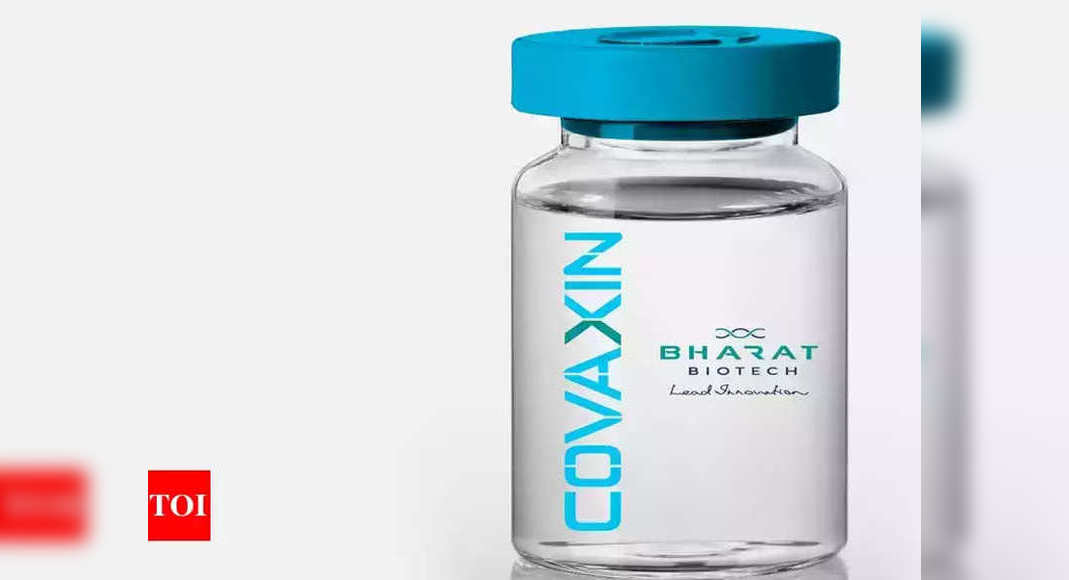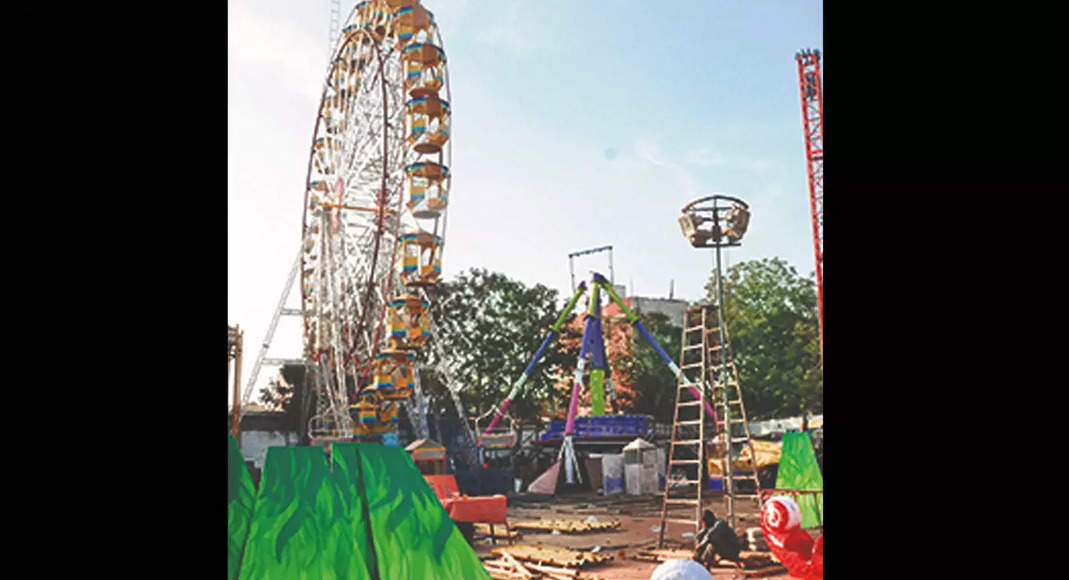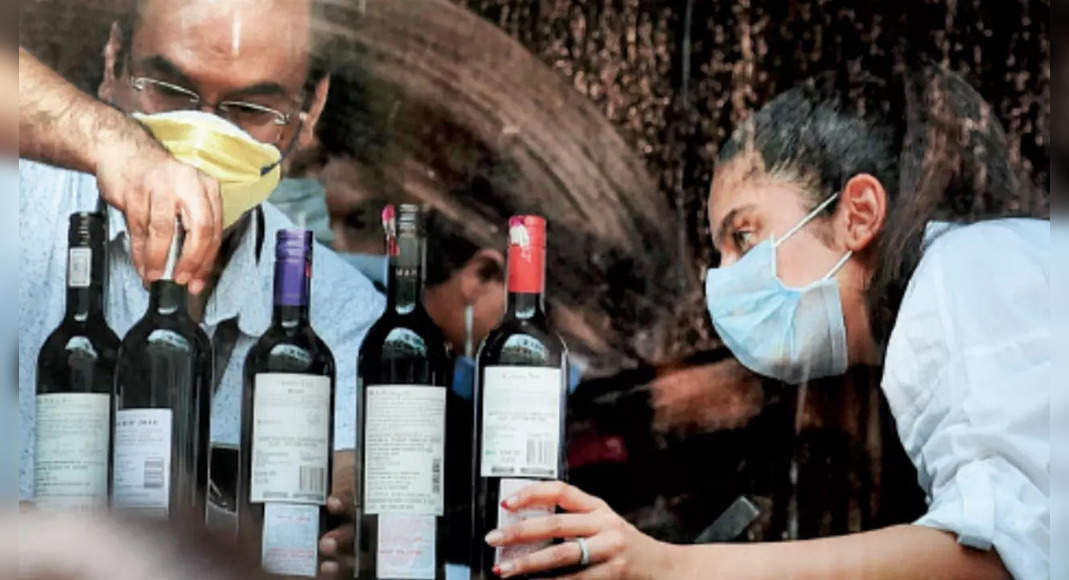HYDERABAD: Covishield and Covaxin, the two vaccines currently widely available in the country, provide up to 95% protection from Covid-19 after two doses of vaccination, reveals a research study conducted on healthcare workers.
None of the vaccinated people, who had Covid-19 following either vaccine, had severe Covid-19 requiring mechanical ventilation.
The study spanned over 13 states and 22 cities including Hyderabad and Guntur in Andhra Pradesh.
Results of the study published in preprint server MedRxiv on June 4 showed recipients of either vaccine had similar solicited mild to moderate adverse events and none had severe or unsolicited side effects.
This cross-sectional study is perhaps the first-of-its-kind that involved healthcare workers, who had both doses of vaccination, from across India.
Most studies on vaccine efficacy so far have been lab-based experiments.
“Combined results of both vaccines showed 95% seropositivity to anti-spike antibodies 21 to 36 days after the second completed dose,” the study said.“In all 95% showed seropositivity after two doses of both vaccines.
While no difference was observed in relation to sex, body mass index, blood group and any comorbidities, people with age over 60 years or those with type 2 diabetes had a significantly lower seropositivity rates,” the study said.
Both vaccine recipients had similar solicited mild to moderate adverse events and none had severe or unsolicited side effects.
Researchers from various hospitals and research centres across the country were part of the study.
The corresponding author was AK Singh of GD Hospital and Diabetes Institute, Kolkata.
Researchers from Hyderabad and Guntur were also part of the study.
According to the researchers, both vaccines elicited good immune response after two doses.
Seropositivity rate was significantly more in participants with age less than 60 years (96.3% seropositivity) as against 87.2% in those above 60 years.
“Amongst the captured co-morbidities, people with type 2 diabetes mellitus had a significantly lower seropositivity rate (84.6%) compared to those without diabetes (96.1%) in overall study,” the research study said.
Further delving into lifestyle diseases and vaccination, the researchers said people with type 2 diabetes of shorter duration (less than five years) had a higher seropositivity rate (100%) compared to those having longer duration (more than five years) at 89.5%.
This was consistently observed in both Covishield and Covaxin recipients.
The study said although no difference of seropositivity rate was observed in people with hypertension or high blood pressure, those having shorter (less than five years) duration had a significantly higher seropositivity (100%) as against 88% for those with longer duration (hypertension for more than five years).
“Intriguingly, no significant difference in seropositivity rate was observed between Covid-19 naïve (people, who were not infected by Covid-19) as against people with past history of coronavirus infection, after the two complete doses of both vaccines.
No differential antibody seropositivity rate was observed in relation to types of blood group, presence or absence of dyslipidemia (irregular lipid levels in blood), ischemic heart disease and treatment regime of diabetes mellitus and hypertension,” the study revealed.







